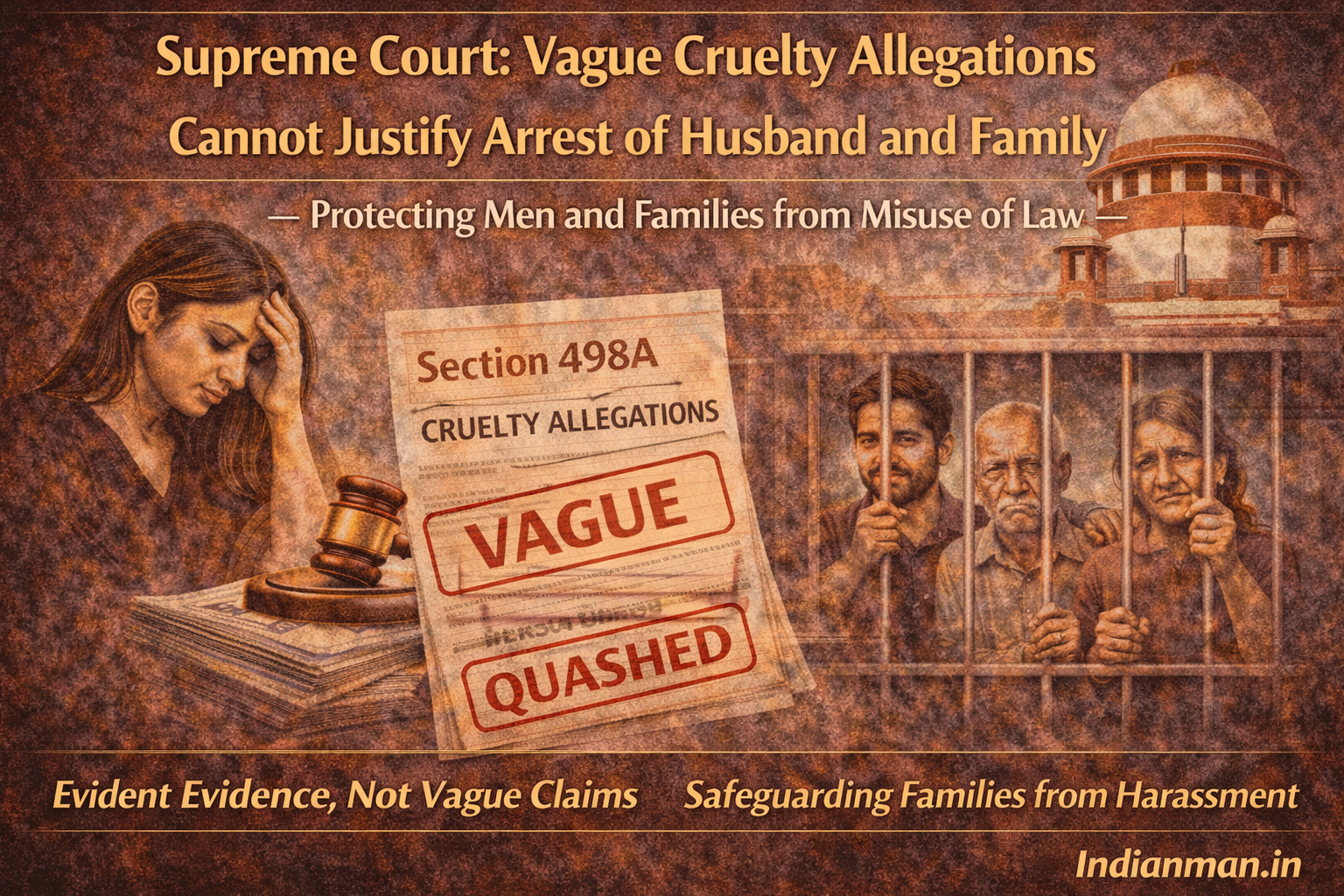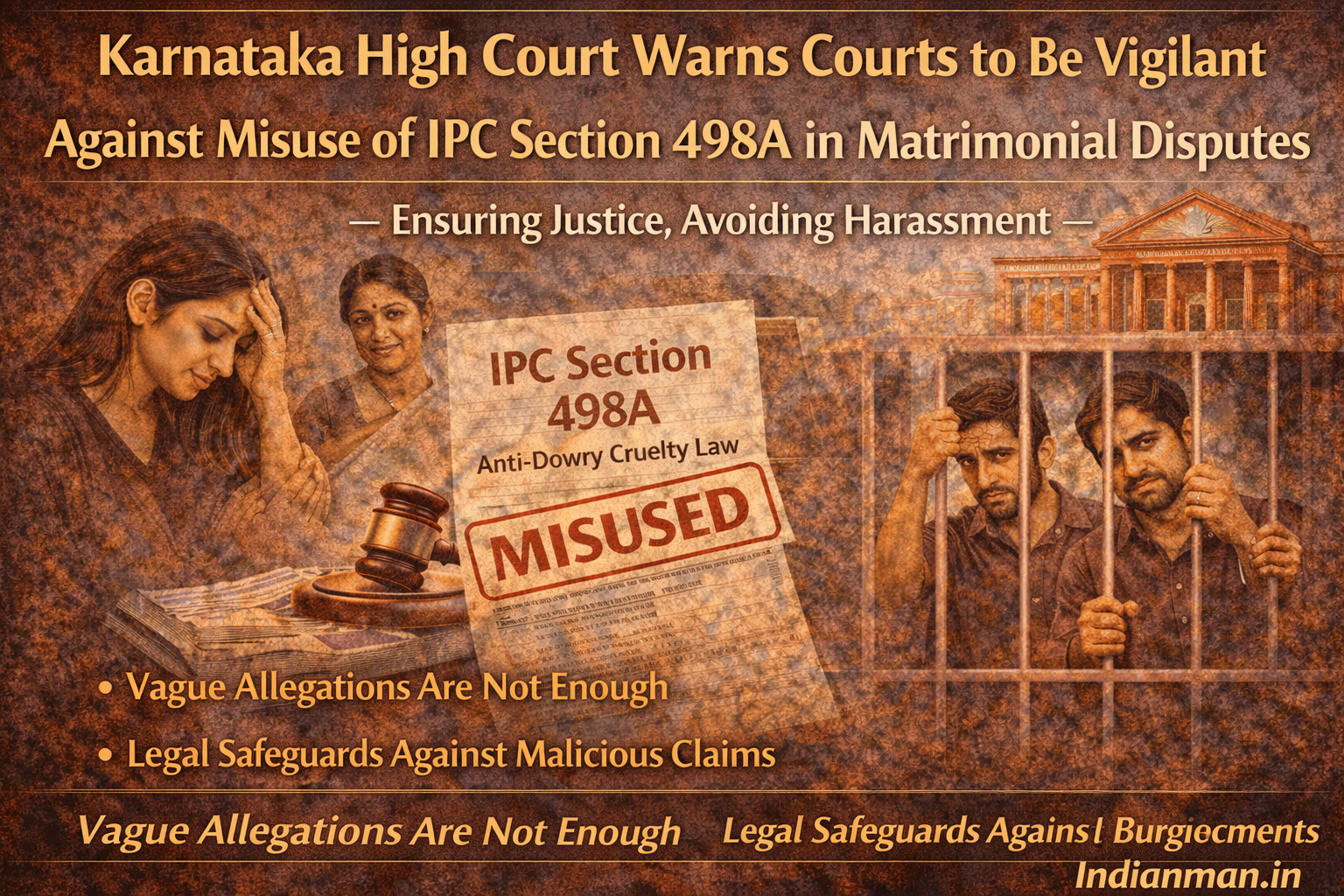High Court Says Asking for Better Household Work Isn’t Cruelty
The Andhra Pradesh High Court recently ruled that advising a daughter-in-law to be more perfect in her household chores does not count as cruelty or dowry harassment under the law. This decision came while hearing an appeal against a conviction under Section 304B of the Indian Penal Code (IPC) related to dowry death.
Case Background:
A woman’s parents had accused her husband and mother-in-law of causing her death by cruelty and harassment for dowry. They claimed that within eight months of marriage, the deceased was mistreated, and her wedding was unfairly compared to her sister’s. They also said that she was often told to be more perfect in housework.
Court’s Observation:
Justice Dr. VRK Krupa Sagar, who led the bench, noted that such remarks are common in Indian households and do not amount to cruelty unless there is evidence of verbal or physical abuse.
“Comments or suggestions related to housework are normal in any household. There’s no proof that the woman was abused or beaten because of her imperfections,” the bench observed.
The court found that there was no solid evidence to prove dowry harassment. It also pointed out that the woman never complained to anyone nearby about mistreatment, nor did she leave her marital home because of any alleged trouble.
“There was no record of her being sent away or her running to her family to complain. This shows she was leading a normal family life,” the judge added.
The court further noted that the woman’s parents never felt concerned enough to check on her well-being through neighbors or others.
Final Decision:
The bench clearly stated that comparing weddings or asking a bride to do housework better does not relate to dowry demands or cruelty under Section 304B IPC.
In conclusion, the High Court allowed the appeal and set aside the conviction of both the mother-in-law and the husband, clearing them of all charges.
Be a part our social media community:
Facebook: https://www.facebook.com/IndianMan.in?mibextid=ZbWKwL
Instagram:
https://www.instagram.com/indianman.in?igsh=MWZ2N3N0ZmpwM3l3cw==



